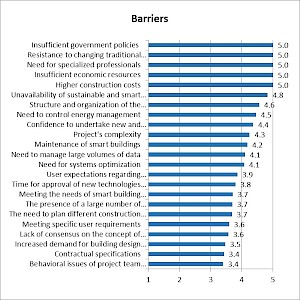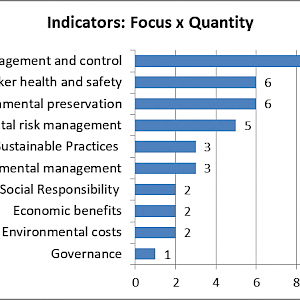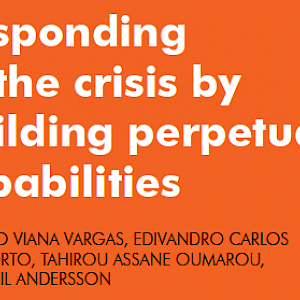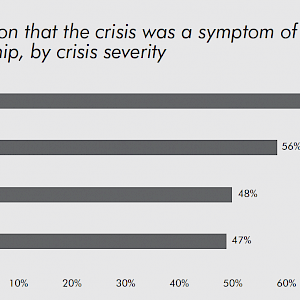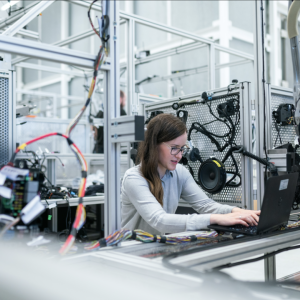
Publications
The Digital Transformation Playbook - What You Need to Know and Do
Thinkers50 - London - United Kingdom – June 2023
The London School of Economics Business Review (Adapted Version)
London – UK – October 2022
How Human Capital Makes or Breaks Digital Innovation
The success of digital transformation in organisations depends on a combination of technology and people. However, many leaders ignore the role of human capital in their plans. Ricardo Viana Vargas writes that when digital transformation efforts fail, it is often due to the mismanagement of people.
